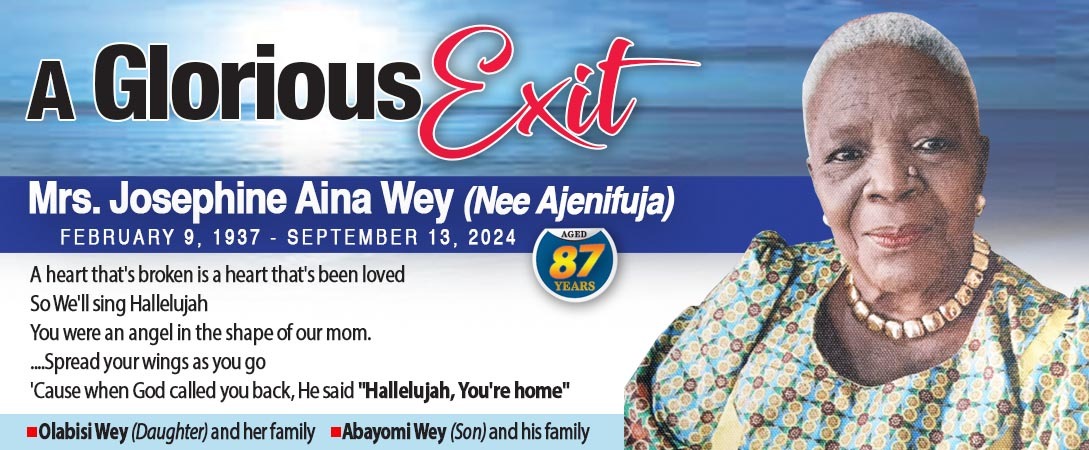
NATO members says it will suspend an arms control treaty with Russia after Moscow officially pulled out of the agreement, the Western military alliance announced.
Russia formally withdrew from the Treaty on Conventional Armed Forces in Europe (CFE) on Tuesday after Russian President Vladimir Putin signed the corresponding law in May.
NATO allies condemned Moscow’s decision in a joint statement.
““Russia’s withdrawal is the latest in a series of actions that systematically undermines Euro-Atlantic security,’’ NATO said in the statement.
“Russia continues to demonstrate disregard for arms control, including key principles of reciprocity, transparency, compliance, verification and host nation consent, and undermines the rules based international order.
The suspension by NATO members was a consequence of Russia’s decision to withdraw and in accordance with international law, the statement said.
The suspension does not mean an exit from the treaty by NATO members, the German foreign ministry said.
In the event of a fundamental change in Russia’s behaviour, a renewed implementation of the CFE Treaty remains possible, a statement said.
The Kremlin said in May that the cancellation of the treaty will have “no direct consequences.
Russia had largely put the treaty, which was signed in 1990 and sets the ceilings for the stationing of heavy weapons on the European continent, on ice several years ago.
The weapons regulated under the CFE treaty include armoured combat vehicles and infantry fighting vehicles, heavy artillery, combat aircraft and helicopters.
However, Moscow was one of the co-signatories of the agreement in 1990, but largely suspended its implementation as early as 2007.
Since 2015, one year after Russia’s annexation of the Ukrainian Black Sea peninsula of Crimea, Moscow has also stopped attending meetings linked to the treaty.
In the wake of Russia’s full-scale invasion of Ukraine in early 2022, Moscow’s relation with the West has once again deteriorated dramatically.
Russia’s withdrawal comes less than a week after President Vladimir Putin ratified Moscow’s exit from a treaty that bans nuclear weapons testing, potentially paving the way for the practice for the first time in decades.






